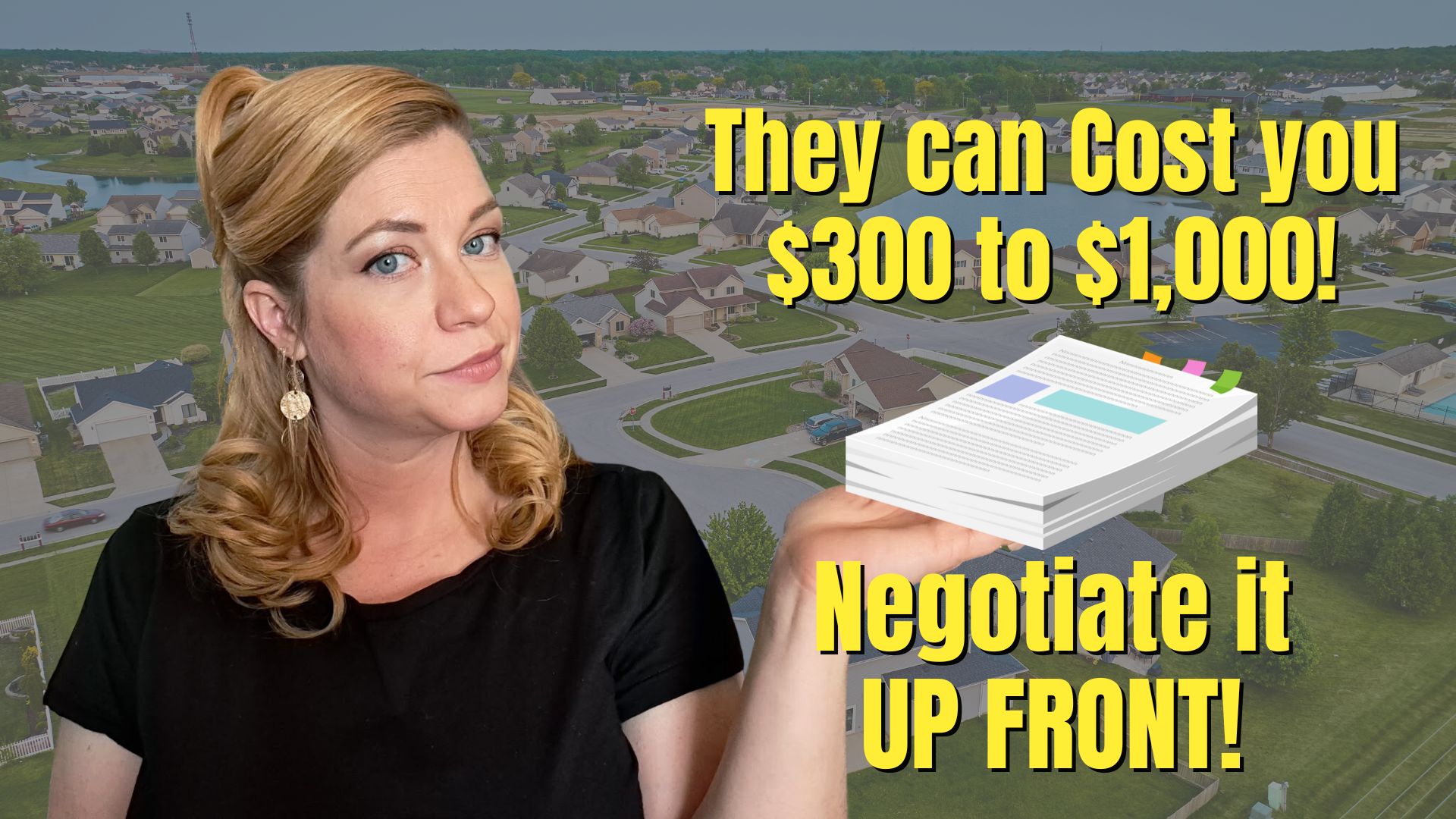Are you considering buying or selling a home in the Denver Metro area? If so, it’s crucial to be aware of the often overlooked Homeowners Association (HOA) closing costs that can significantly impact your budget. Let’s break down these costs and shed light on the key fees associated with the resale process. If you prefer a video format, watch my detailed explanation here:
Understanding Common HOA Closing Costs
When it comes to HOA closing costs, there’s a lot more than meets the eye. These fees, which can range from a few hundred to several thousand dollars, might catch you by surprise if you’re not prepared.
1. Community Documents (Docs Fee)
One common fee is what I like to call the “docs fee” or documents fee. The HOA charges the seller to provide a package of all the HOA documents to the buyer. However, here’s a money-saving tip: sellers have the right to obtain these documents directly from the HOA without incurring extra charges through third parties. This can save you anywhere from $150 to $300. So, take control, go online to your HOA portal, and download all the necessary documents to fulfill your contractual obligations.
2. Status Letter Fee
The Status Letter Fee is an administrative cost charged by the HOA or management company. It confirms that the seller has paid all dues and outlines the financial obligations for both the buyer and seller. Depending on the urgency, rush fees might apply. The good news is, you can negotiate who pays this fee in the original offer – the buyer, seller, or a split arrangement.
3. Third-Party Fees and Rush Fees
Sometimes, title companies order HOA documents through third parties, leading to additional fees, especially if there’s a rush to close the deal. Watch out for these, as they can vary and nickel and dime your closing costs.
4. Transfer Fee
Also known as a Record Change or New Owner fee, the transfer fee covers the administrative process of updating ownership records within the HOA. Like the status letter fee, you can negotiate who bears this cost in the upfront purchase contract, depending on your contract choices.
5. Working Capital
While not a direct “fee”, some HOAs charge working capital to bolster their reserves for major expenses. Sellers and buyers should be aware of whether this is refundable and how it might affect closing costs. It will be on the Status Letter but sometimes that doesn’t come in until a few days prior to Closing. Check the HOA Covenants, Rules, and Regulations (CCR’s), it will likely be stated in there if there is one, how much, and if it is refunded to you at the time of sale.
6. Amenities Access Fee
Certain HOAs charge fees for amenities access, such as pool cards or gate fobs. While usually conveyed from the seller to the buyer, some HOAs charge new owners upfront for these items.
7. Condo Certificate Fee
For buyers considering condos, a condo certificate fee might apply. This fee covers the lender’s request for information from the HOA to ensure and prevent potential issues that could lead to a buyer defaulting on their mortgage. This fee is usually not negotiable, as it falls under loan origination charges. Keep an eye on your closing statement to understand the impact on your overall costs.

 Facebook
Facebook
 X
X
 Pinterest
Pinterest
 Copy Link
Copy Link
